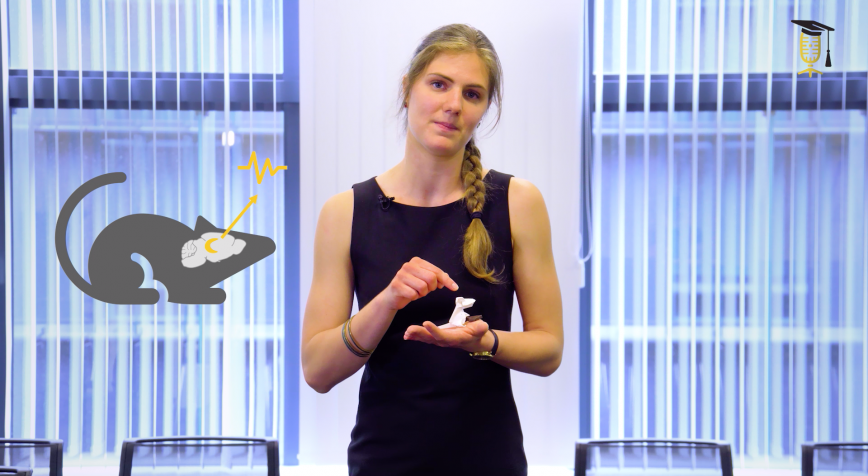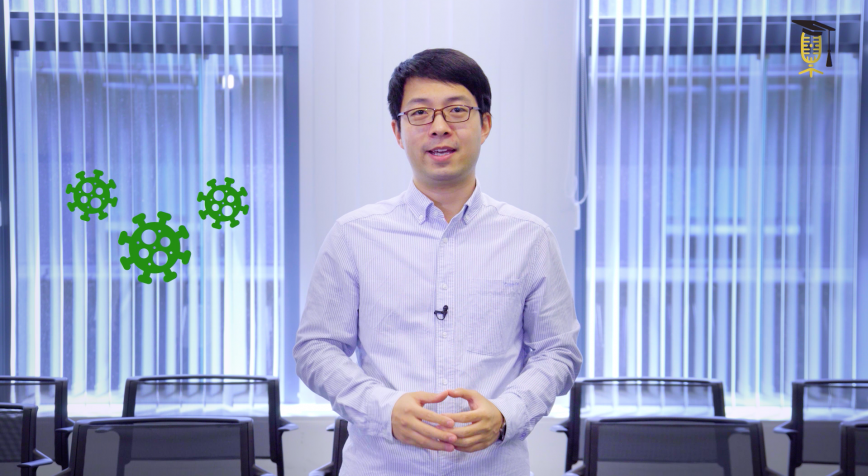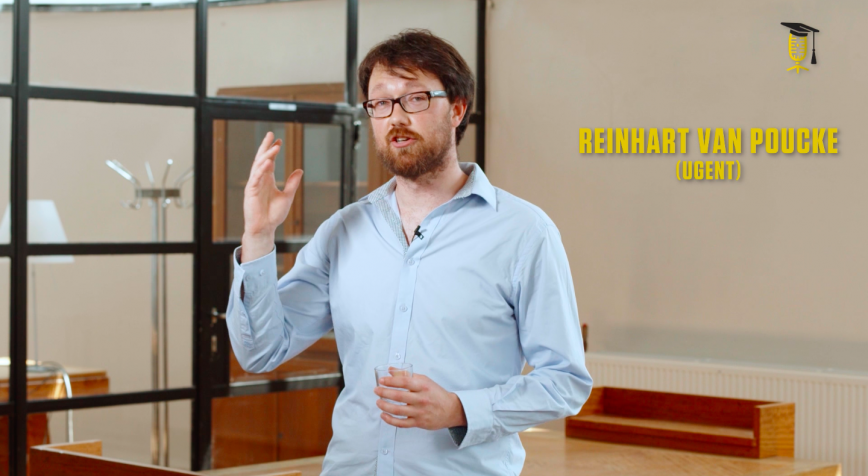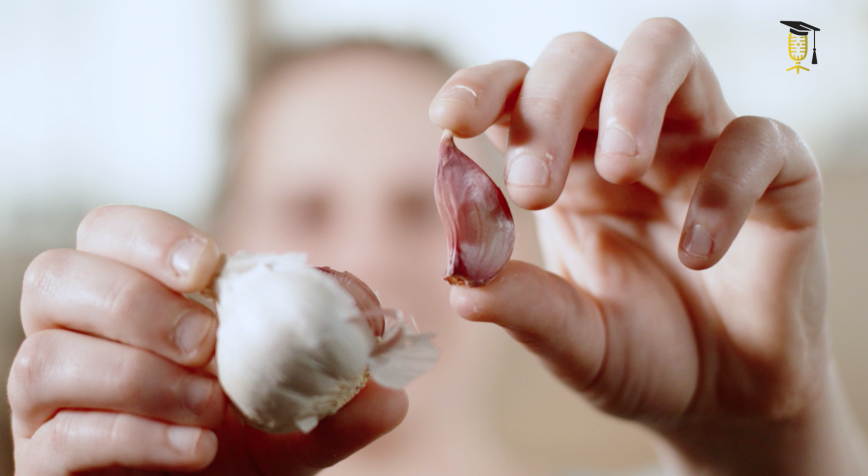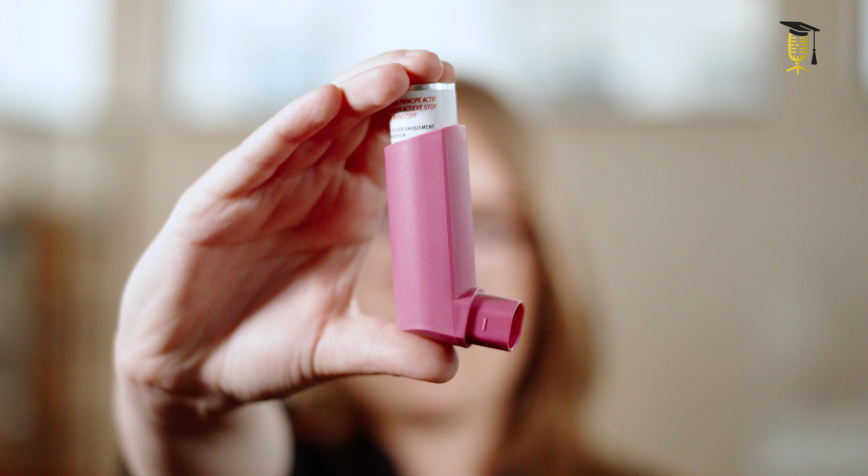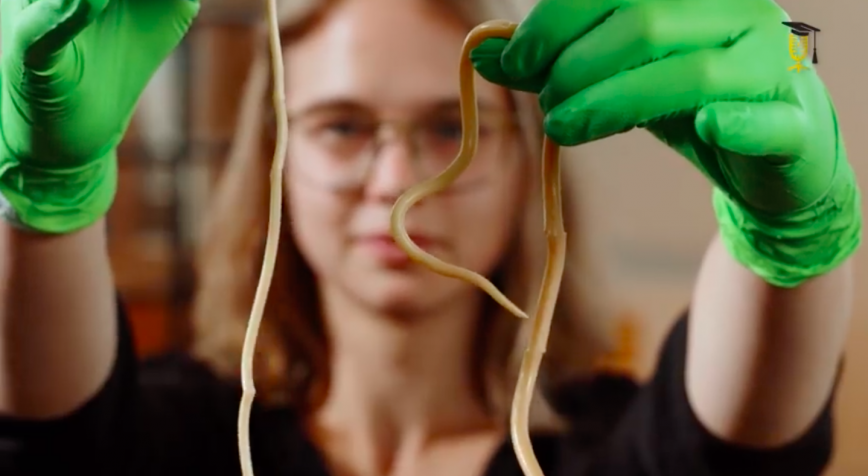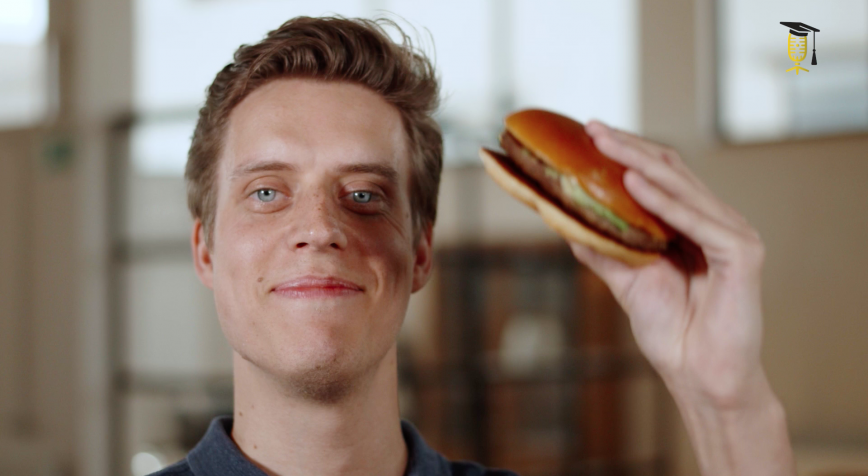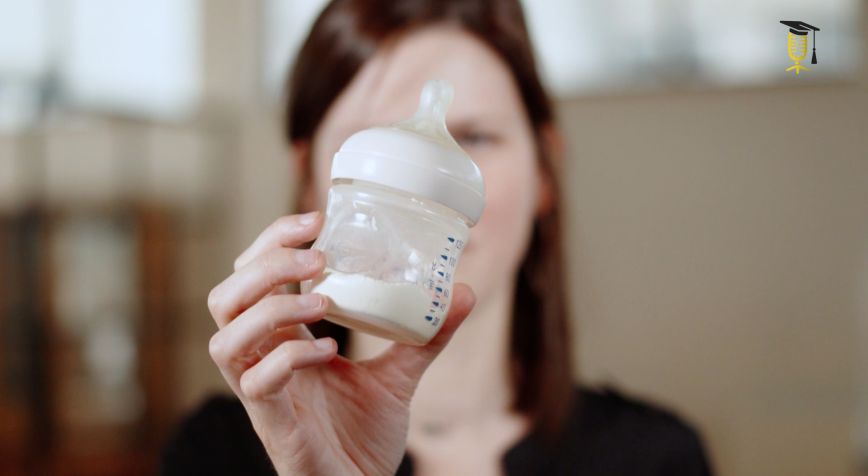
FWO
UGent
Liver cancer: how do we get the medicines to the tumor?
As if developing a cancer drug is not difficult enough, you still have to successfully get that medicine to the tumor. Tim Bomberna (Ghent University) explains how computer simulations show us the way.
